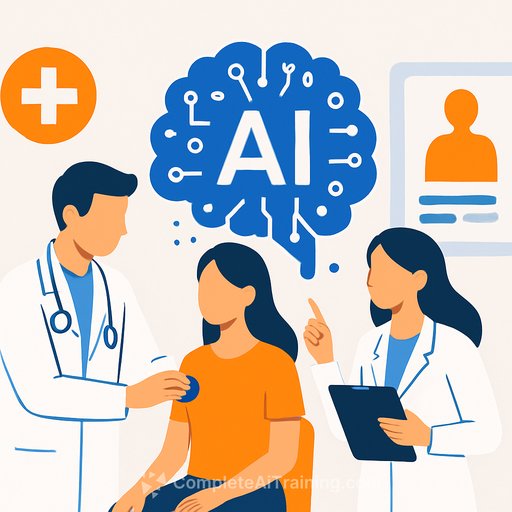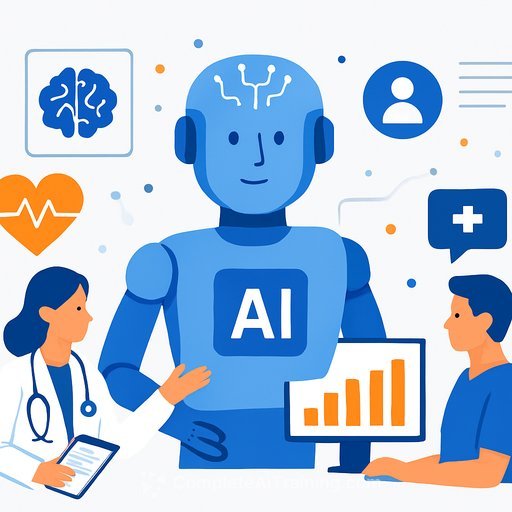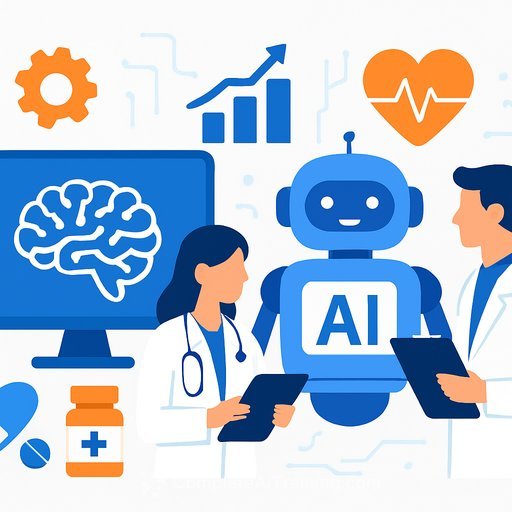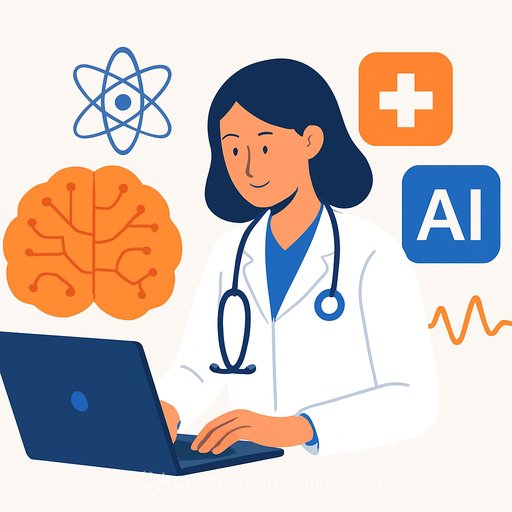Doctors in Quebec Embrace AI Scribes to Reduce Paperwork
Many physicians in Quebec are turning to artificial intelligence (AI) tools that transcribe consultations between doctors and patients. These AI scribes ease the mental load and significantly cut down on time spent on paperwork, allowing doctors to focus more on patient care. Santé Québec, the provincial health-care network overseer, plans to launch a pilot project next year to evaluate these AI transcription tools and potentially expand their use.
More Patients, Less Paperwork
Dr. Felix Lê-Phat-Hô, a family physician in Montreal, has used an AI note-taking tool called Plume IA for a year. He reports saving two to three hours daily on documentation, enabling him to see up to three additional patients per day. For him, the tool has reduced stress and improved the quality of his practice. However, only AI applications certified by Santé Québec for data protection are currently authorized for use.
How Plume IA Works
Plume IA is an app doctors can install on their phones or computers. Before starting a consultation, doctors explain the app’s function and ask for patient consent to record the conversation. Once approved, the AI captures the entire consultation, regardless of language, accent, or conversation flow.
After the session, the app produces a structured medical note from the recorded discussion. This process eliminates the need for doctors to take detailed notes during or after the appointment, freeing them to concentrate fully on their patients. Dr. James Tu, co-founder of Plume IA and an emergency physician, says the technology lets him see up to six more patients daily in the emergency room.
Benefits for Patients and Doctors
- Doctors can devote full attention to patients without distraction.
- Patients feel listened to and valued during their appointments.
- Time saved on paperwork translates into increased patient access.
According to Dr. Tu, about 10% of Quebec’s doctors—approximately 2,000—already use Plume IA, highlighting growing acceptance of AI-assisted documentation in clinical settings.
Addressing Cybersecurity Concerns
Despite the clear benefits, concerns about data privacy and security remain. Dr. Lê-Phat-Hô was initially cautious about integrating AI due to patient confidentiality risks. Cybersecurity expert Éric Parent emphasizes the need for local data storage within controlled environments and clear protocols for legal responsibility.
Parent warns that AI systems must meet high security and reliability standards to avoid operational disruptions, especially since healthcare providers may become dependent on these technologies.
Plume IA stores data locally in Quebec and automatically deletes it after 24 to 48 hours, measures that have alleviated some privacy worries. The company aims to expand usage beyond doctors to other health professionals like nurses, social workers, physiotherapists, and dentists.
Looking Ahead
The Quebec government’s upcoming pilot project will assess the practical impact of AI transcription tools on healthcare delivery. Dr. Tu stresses that while AI integration in health must be regulated and supervised with clear guidelines, adopting such technology can modernize administrative processes within the healthcare system.
For healthcare professionals interested in learning more about AI tools and their applications, exploring courses on AI in healthcare can provide valuable insights. Resources like Complete AI Training’s healthcare courses offer practical knowledge tailored to medical professionals.
Your membership also unlocks:






